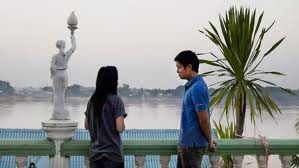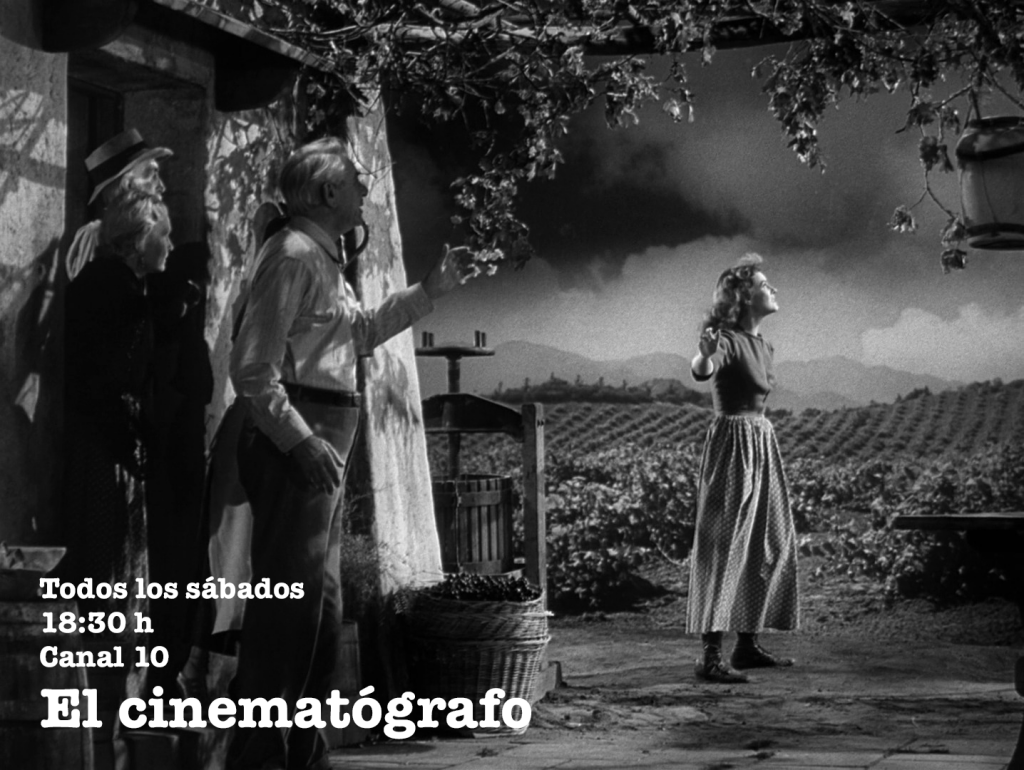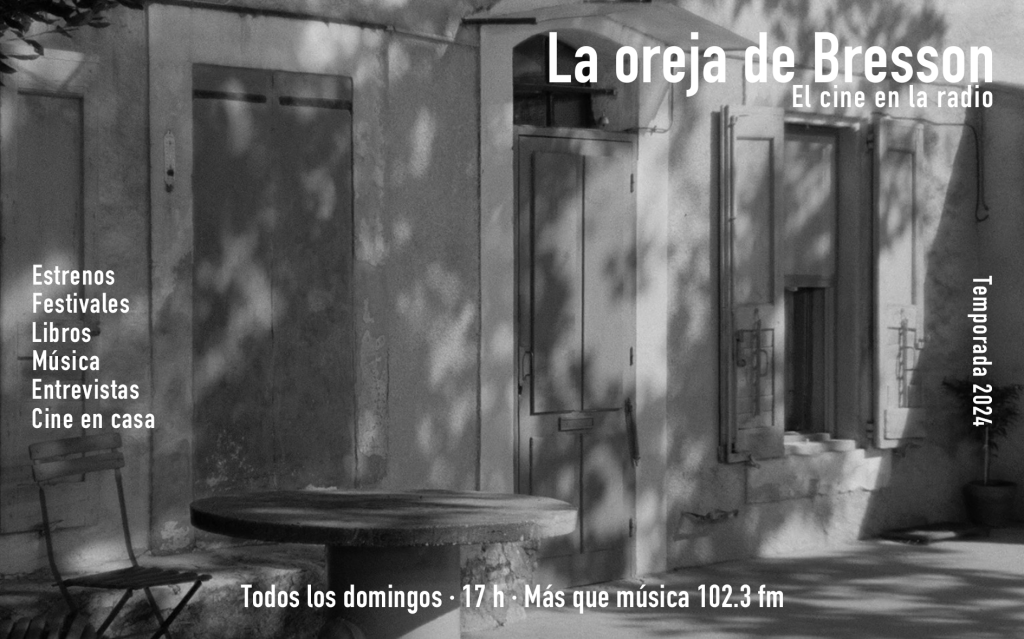
MES FICUNAM 2013 (20): BUSTER BUDDHA AND OTHER BUDDHIST SCENES
![]() Mekong Hotel, Apichatpong Weerasethakul, 2012
Mekong Hotel, Apichatpong Weerasethakul, 2012
By Roger Koza
Apichatpong Weerasethakul has got us used to a mysterious world ruled by different signs, to a trance-like cinema with wondering specters, animals that communicate with us, men and women floating through existence without getting to know neither the ailments of the flesh nor the misfortunes of history. A woman remembers the migration from Laos in the 60s and the impact it had on her humble lifestyle. She will also recall her military training —the limbo of this Thai director is apparently never dissociated from a political and collective memory.
Mekong Hotel could well be considered as a portrait of limbo in 36 shots. The hotel on the shore of the Mekong River in the North of Thailand is just a pleasant place for a (re)encounter. At the beginning, Apichatpong exchanges some words with a former school mate, Chai Batana, while he plays the music theme of the film with his guitar. Phon and Tong (who is Masato at times too) are a couple also staying in the hotel; Tong is worried about his dog, devoured by a pob ghost. And it is possible that Phon’s mother, who is also at the hotel, may be this ghost, a metaphysical entity which devours the entrails of both animals and humans. And since to eat a pet won’t be enough, the other passages involving the specter could be probably real, or a dream, or the memories of lives foregone. Not much else happens, except some dialogues obliquely pointing at the past and the present of Thailand which form a precise counterpoint to metaphysical and everyday issues.
The deliberate narrative vagueness, the predominance of medium static shots, and the sound of Thai language convey an over-encompassing mood, as if the idea was to film the constant movement of a drifting soul. This is metaphorically made evident in that glorious four-minute-and-a-half extreme long shot that ends the film with boats wondering adrift on the river.
![]() Walker, Tsai Ming-liang, Taiwan, 2012
Walker, Tsai Ming-liang, Taiwan, 2012
25 minutes, 22 shots, only one close up on a face, no extra-diegetic music to go with the images we see, only one character, one city, and without a doubt this is one master class on the power of filmic frames while some sort of Buddhist comedy is being unfold and sustained by various contrasts: fast versus slow, secular versus tradition, the crowd versus an individual; in this case, a Buddhist monk, the walker of the title.
Eligible for an installation together with another short film, No Form, because of their observational character some sequences of Walker remind us to that prodigious film known as A Conversation with God, a not very well-known master film by this director. What is new here is a slight humoristic aspect absent in that other film. The monk, interpreted by the director’s alter ego, Lee Kang-sheng, simply walks through Taipei at a speed which would seem slow even to a turtle. The monk’s concentration is extreme and the position of his body seems in negation to the exterior reality he passes through. Is this a visual koan? Is it a cryptic joke?
The semantic indetermination of the film is totally conscious as well as the obsessive work of register; one of the trademarks of the director: his remarkable use of the depth of field, as in the opening shot where the monk walks down some stairs to get to the street. After a short time we see a passage with sorcerers practicing their spiritual charms on the street at night; at some other point, the complete loneliness of this religious man becomes hyperbolic when we see him walking in the middle of a swarming pedestrian street; the incommensurability of the distance between the other pedestrians and this man, engulfed in an absurd mission might be a form of meditation, or a provocation.
Tsai offers a puzzle. As shots get wider, the viewer has to struggle to discover where the red-gowned hermit is going to be. The panoramic shots are splendid and there is a fishbowl in one of them, which might be a wink of the director to his followers. Could it be that a soul was reincarnated into the fish in the fishbowl at the right edge of the 13th shot?
Roger Koza / Copyleft 2013





Últimos Comentarios